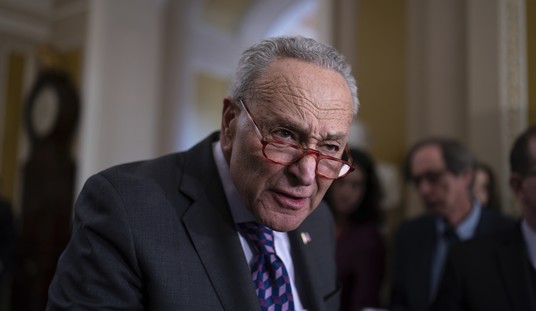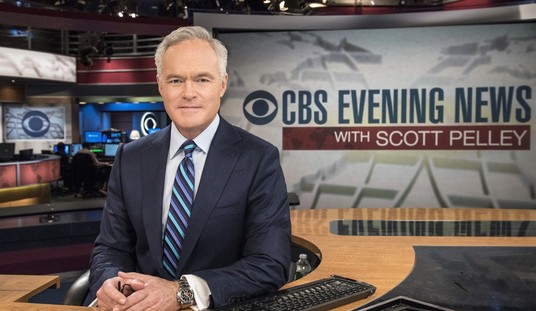In a significant escalation of its international military engagement, North Korea has officially confirmed deploying troops to Russia to support its ongoing conflict with Ukraine. The announcement, made on Monday, marks the first time Pyongyang has acknowledged its direct participation in a major armed conflict since the Korean War (1950-1953). This development introduces new challenges for the United States as it seeks to broker a peace deal between Ukraine and Russia, raising concerns about regional stability and the broader implications for global security.
BREAKING:
— Visegrád 24 (@visegrad24) April 27, 2025
For the first time, North Korea officially admits that its soldiers are fighting against Ukraine.
North Korea is estimated to have sent around 12 000 - 15 000 to aid Russia in its invasion of Ukraine
🇺🇦🇰🇵🇷🇺 pic.twitter.com/FcWY7eJ6iB
According to North Korea’s Central Military Commission, the troop deployment was authorized under a mutual defense treaty signed in June 2024 between North Korean leader Kim Jong Un and Russian President Vladimir Putin. The treaty, described as the most significant defense pact between the two nations since the Cold War, obligates both countries to provide immediate military assistance if either is attacked. North Korea’s stated objective was to assist Russia in reclaiming the Kursk region, which Ukrainian forces seized in a surprise incursion in 2024. Kim Jong Un framed the deployment as a mission to “annihilate Ukrainian neo-Nazi occupiers” and liberate Kursk alongside Russian forces, hailing the soldiers as “heroes” and announcing plans for a monument in Pyongyang to honor their efforts.
north korea has officially joined the russian invasion of ukraine as of an hour ago. pic.twitter.com/BXFXFH0lw4
— Dean (@ideanoc17) April 28, 2025
While North Korea did not disclose the exact number of troops deployed or casualties sustained, intelligence estimates from the U.S., South Korea, and Ukraine suggest that 10,000 to 12,000 North Korean soldiers were sent to Russia last fall, with an additional 3,000 dispatched earlier this year. South Korea’s military reported in March that approximately 4,000 North Korean soldiers had been killed or wounded, highlighting the heavy toll of their involvement. Despite their discipline and training, North Korean troops have reportedly struggled on the battlefield due to inexperience and unfamiliarity with modern warfare tactics, such as drone and artillery strikes. Nevertheless, Ukrainian officials acknowledge that these troops have bolstered Russia’s strategy of overwhelming Ukrainian defenses through sheer numbers in the battle for Kursk.
Other big news, via KIRBY -
— Jacqui Heinrich (@JacquiHeinrich) October 13, 2023
The US now has proof North Korea provided arms for Russia to use in Ukraine - and released images of containers moving into Russia by ship.
"North Korea has provided Russia with more than 1000 containers of military equipment and munitions," he said. pic.twitter.com/08YyineIU8
The timing of North Korea’s announcement is notable, coming just days after Russia claimed to have fully recaptured Kursk—a claim disputed by Ukrainian authorities. If Russia’s victory in Kursk is confirmed, it could weaken Ukraine’s bargaining position in U.S.-mediated peace negotiations, as the seized territory was seen as a key leverage point for Kyiv in potential land-swap deals to end the three-year conflict.
The United States has been actively pursuing a diplomatic resolution to the Russia-Ukraine war, with recent efforts centered on facilitating a ceasefire. On Saturday, President Donald Trump met with Ukrainian President Volodymyr Zelenskyy in Vatican City during Pope Francis’ funeral to discuss a potential peace deal. Trump publicly called for “very high-level talks” between Ukraine and Russia but expressed skepticism about Putin’s willingness to negotiate, a concern amplified by North Korea’s deepened involvement.
RELATED: North Korea to Send Up to 12,000 Troops to Fight for Russia in Ukraine
ESCALATION: North Korean Troops Moved to Kursk Combat Zone
North Korea’s military support for Russia complicates these efforts in several ways. First, the presence of North Korean troops strengthens Russia’s position on the battlefield, potentially reducing Moscow’s incentive to engage in meaningful negotiations. A bolstered Russian military could prolong the conflict, undermining U.S. hopes for a swift resolution. Second, the growing alliance between Russia and North Korea raises fears of technology transfers that could enhance Pyongyang’s nuclear and missile programs. Western officials worry that Russia may provide advanced weapons technology in exchange for North Korea’s support, posing a long-term threat to global security and complicating U.S. nonproliferation efforts.
Moreover, North Korea’s involvement risks further destabilizing the international order. South Korea’s Unification Ministry condemned the deployment as a “grave provocation” and an “act against humanity,” urging Pyongyang to withdraw its forces immediately. The U.S. and its allies are likely to face pressure to respond, potentially through sanctions or other measures, which could strain diplomatic channels needed for peace talks.
For the United States, navigating this complex situation requires a cautious and multifaceted approach. The Trump administration must balance the immediate goal of brokering peace with the long-term risks posed by the Russia-North Korea alliance. Strengthening diplomatic outreach to both Ukraine and Russia remains critical, but the U.S. must also work closely with allies like South Korea and Japan to monitor and counter potential technology transfers to North Korea.
Public sentiment in the U.S. may also influence the government’s approach. Many Americans are wary of prolonged involvement in foreign conflicts, and the prospect of North Korea’s growing role could fuel calls for a more isolationist stance. However, abandoning peace efforts risks ceding influence to adversarial powers, a scenario that could undermine U.S. strategic interests in Europe and Asia.
As the situation evolves, the U.S. must remain vigilant about the humanitarian and geopolitical consequences of North Korea’s actions. The loss of young North Korean soldiers, as highlighted by South Korea’s critique, underscores the human cost of Pyongyang’s decision to prioritize geopolitical alignment over the welfare of its citizens. For American policymakers, the challenge lies in fostering dialogue between Ukraine and Russia while addressing the broader ramifications of North Korea’s unprecedented military venture.
In conclusion, North Korea’s confirmed deployment to Russia marks a troubling escalation in the Ukraine conflict, with significant implications for U.S.-led peace initiatives. By proceeding with caution and leveraging diplomatic channels, the U.S. can work to mitigate the risks while pursuing a resolution that prioritizes stability and security for all parties involved.
Editor’s Note: Every single day, here at RedState, we will stand up and FIGHT, FIGHT, FIGHT against the radical left and deliver the conservative reporting our readers deserve.
Help us continue to tell the truth about the Trump administration and its major wins. Join RedState VIP and use promo code FIGHT to get 60% off your membership.














Join the conversation as a VIP Member